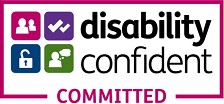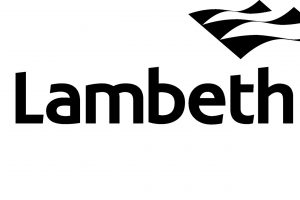Suitable for any aspiring jazz instrumentalist, this year-long practical course is packed with useful information to help you develop your improvising skills. Learn how to improvise from a chord chart, practise playing jazz standards, learn techniques to practise more effectively and develop a nice swing feel. You will also look at transcribing solos of some the great jazz musicians, past and present, to help improve your own playing and develop your jazz vocabulary. Ear training, jazz theory and rhythm work will be included on the course so you can noticeably improve your ability to recognise chords, intervals, rhythms, scales/modes, harmonic progressions like the II-V-I, as well as identify common song structures including the Blues and Rhythm Changes amongst others. Learn key harmonic and rhythmic approaches when soloing on jazz standards, including the use of rhythmic vocabulary, an often neglected area of study.
Jazz Harmony and Ear Training Applied: Practical Skills for Playing Jazz (A)
When & Where
-
17 September 2024 - 10 December 2024 ( 18 hours, 12 weeks )
- Evening, Tuesday
-
View course timetable
-
Waterloo Centre
Quick Facts
- Availability Yes
- Course Code W24JPMF02A
- Suitable For 19 year olds and up are permitted on this course
What you will learn
Learning Outcomes
By the end of this course, you will be able to:
- You will learn key harmonic and rhythmic approaches to soloing on any jazz standard including using chords, scales (pentatonics, blues, modes, etc), rhythm, and the melody as starting points
- You will learn the skills needed to play in a jazz ensemble including how to improve your sense of time and developing a nice feel
- You will learn how to improvise from a chord chart. You will look at how to construct a jazz solo and the elements that go into making your solo sound more interesting, including the idea of creating "tension and release"
- Learn to play a varied repertoire including the Blues, Rhythm Changes, mid-tempo tunes incorporating Major/Minor II-V-I chord progressions, ballads, modal music, and well known Jazz standards taken from the Great American songbook. .
Cost
Class format and activities
Weekly ear-training exercises, Q/A, lecture, listening exercises, viewing video footage of great soloists, demonstration by tutor, playing together from Term 2 with direct coaching from tutor.
Entry requirements
You will need some competence on your instrument, preferably at Grade 4/5 (ABRSM) standard or higher and an understanding of basic 7th chords will help. Some background in Jazz is desirable but not a pre-requisite for attending the course though if you are new to jazz, the week will serve as a good introduction to this wonderful music
What you need to know before you enrol
You will be encouraged and expected to practise the material between sessions (whatever your schedule allows), so that you can progress during the course.
What you need
Manuscript paper, notebook and from Term 2 onwards, your instrument.









